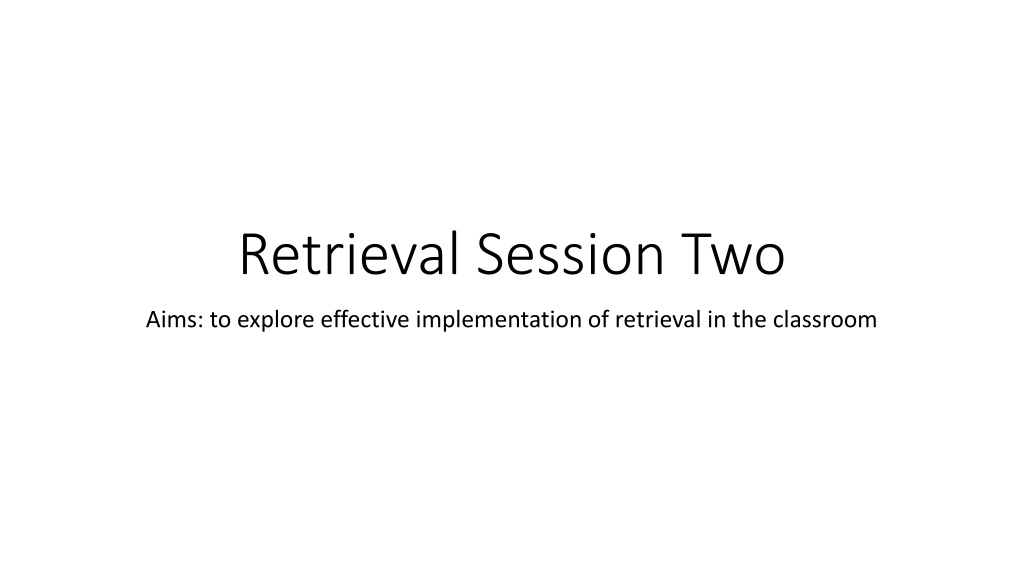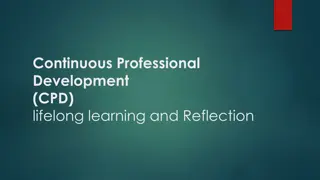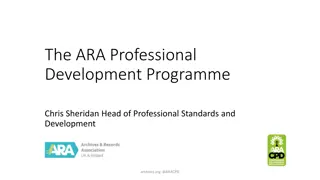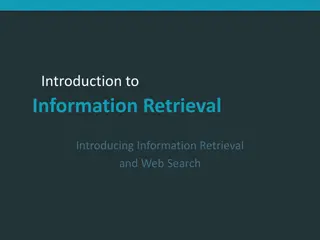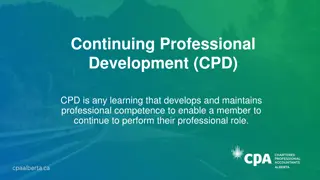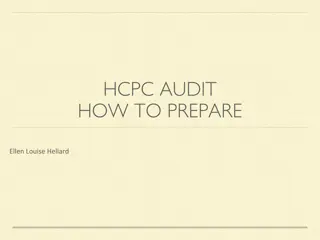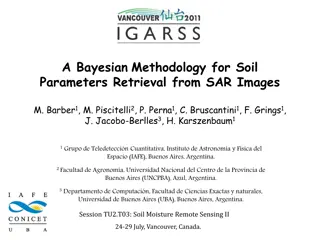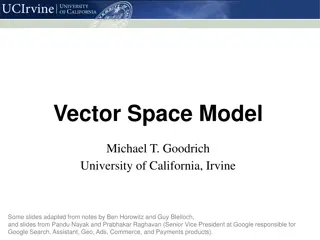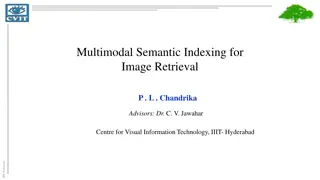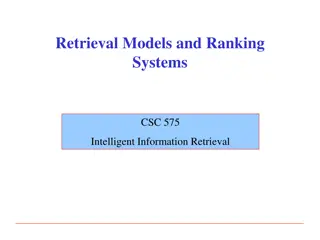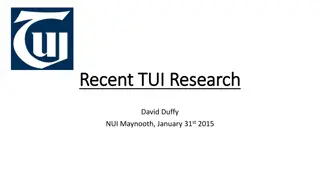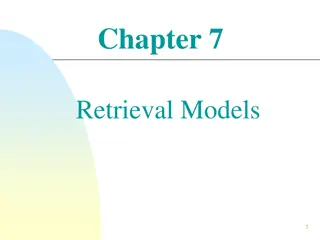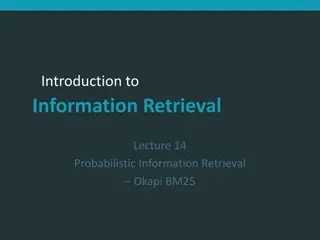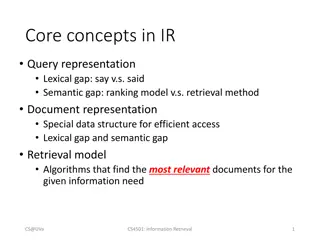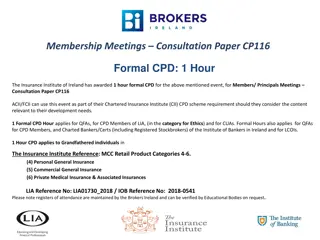Effective Implementation of Retrieval in Classroom Settings
Explore the testing effect, Ebbinghaus forgetting curve, spacing, and schema in implementing retrieval practices in the classroom. Learn about pitfalls to avoid, such as focusing solely on factual recall, providing too easy questions, and lack of feedback. Discover the Hyper-correction Effect and the importance of instant, corrective feedback in enhancing student learning outcomes.
Download Presentation

Please find below an Image/Link to download the presentation.
The content on the website is provided AS IS for your information and personal use only. It may not be sold, licensed, or shared on other websites without obtaining consent from the author. Download presentation by click this link. If you encounter any issues during the download, it is possible that the publisher has removed the file from their server.
E N D
Presentation Transcript
Retrieval Session Two Aims: to explore effective implementation of retrieval in the classroom
Retrieval Quiz! 1.What is the testing effect ? 2.What does Ebbinghaus forgetting curve tell us about newly-learned information? 3.What is spacing and why is it important? 4.What is schema and what does it show us about memory?
Retrieval Quiz! 1. The testing effect is a phenomenon that states taking a test on studied material promotes remembering that material on a final test. 2. The Ebbinghaus forgetting curve shows how learning is forgotten over time if not revisiting after a gap (spacing effect). 3.Spacing is revisiting learning after a gap (just before it is forgotten) in order to prevent forgetting. 4.Schema is how we make sense of new information: by connecting it to existing knowledge. It shows how making links between different learning and ideas helps strengthen memory.
Retrieval in the classroom: pitfalls to avoid 1. Teachers might generate retrieval questions that focus solely on factual recall (these questions are easier to generate) rather than requiring any higher-order thinking. 2. Questions might be too easy and boost confidence without providing real challenge, which is likely to be a key ingredient for generating the kind of learning hoped for. 3. Teachers might allocate too much time to the quizzes, effectively losing the time they need to cover new material. 4. students copying out the answers from their books: this clearly involves no thinking whatsoever and negates the thinking hard part of retrieval practice as well as preventing any type of assessment of learning by either student or teacher; 5. lack of feedback: if students do not receive corrective feedback on their retrieval tasks however this may look the task will add no value to their understanding of the topic.
Feedback: The Hyper-correction Effect Instant, corrective feedback means students benefit from the hyper- correction effect: the more confident students are that their answer is correct, the less likely they are to repeat the error if corrected. Learners need to experience a high success-rate before they move onto higher-order, essay-type questions.
Very confident Not so confident Need to revise Question Answer RAG answer Actual answer was I correct? What word means harmful or evil? What is Othello s hamartia? What are the characteristics of a tragic hero? What are Iago s motives? What does manipulate mean?
Four steps of metacognition (Agarwal & Bain) 1.Students place a star next to any answers they know and a question mark next to any they don t. 2.Students answer all the questions they have marked with a star. 3.Students look up the answers to all the questions they have marked with a question mark. 4.Students verify all the starred answers are correct. * ? Items to know Answer Definition of hubris How did Macbeth s hamartia create his downfall? Divine Rights of Kings Why does Macbeth descend into tyranny?
Varying Conditions of Retrieval Practice practise explaining something verbally in pairs Use their knowledge to demonstrate why a particular argument/thesis statement is true close books and engage in a discussion using the vocabulary they ve learned produce a timeline or essay plan exploring how a character in a novel develops as the story progresses engage in a paired questioning exchange, devising and exchanging questions and answers
Adding Challenge in Retrieval Practice Spacing the longer the gap between initial teaching and retrieving, the harder the information will be to retrieve. Extended questioning it s important that in feedback, teachers ask why and how questions to extend students thinking to higher-order ideas. Mixed Retrieval Quizzes quizzes that build from factual recall to more challenging how and why questions that reflect the high-order processing they will need to use in an essay/exam Linking getting students to draw similarities and differences with other schemes/texts/characters/themes will add challenge and aid memory through schema-building.
Planning Retrieval for your Subject Area In departments, use the retrieval strategies document to plan some retrieval for a year 7 scheme of work that gradually reduces scaffold or cues to work towards mastery and automaticity. Questions to consider: How will you build factual recall? How will you incorporate spacing? How will you incorporate the hyper-correction effect? How will you ensure there is immediate corrective feedback?
